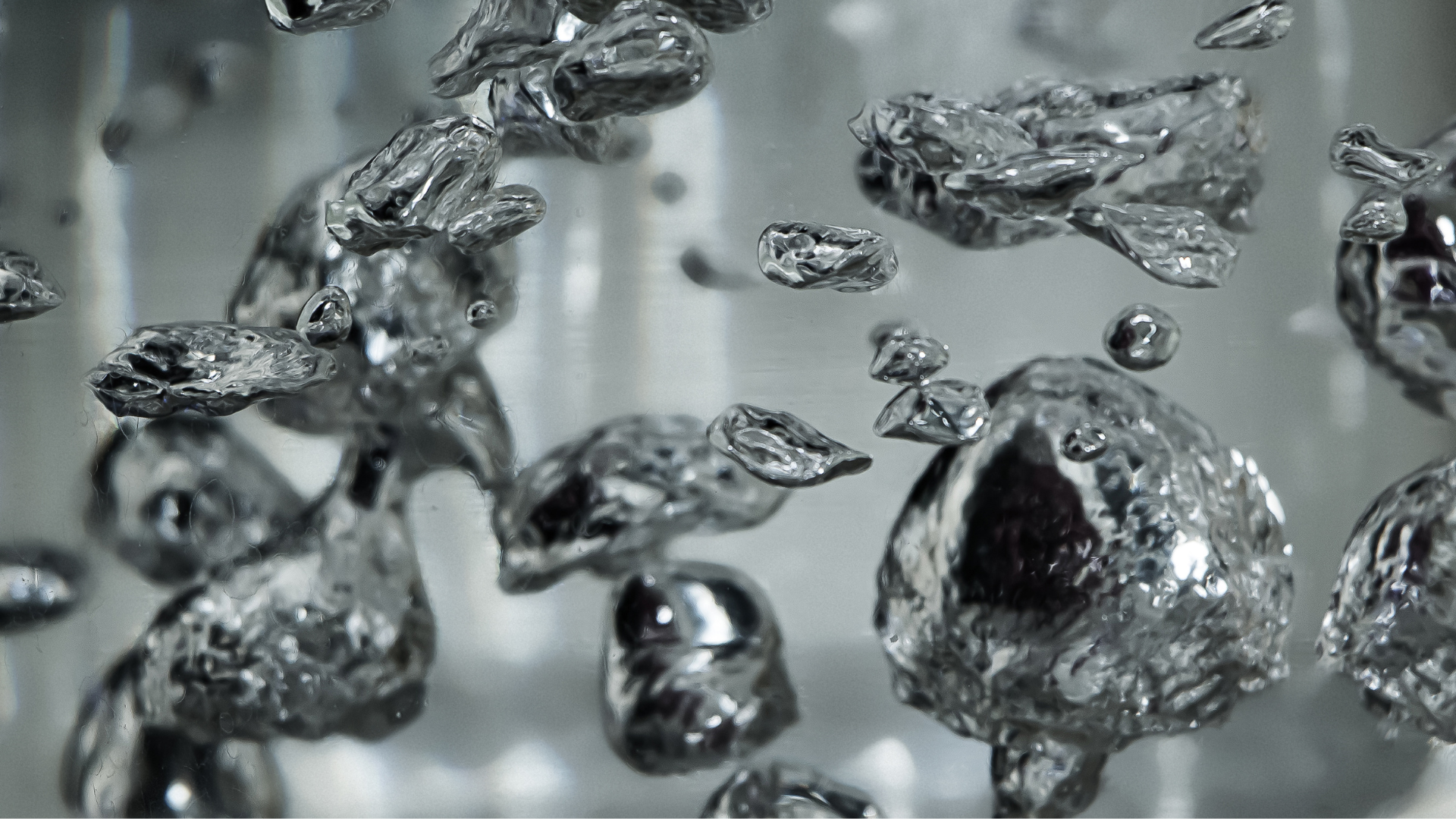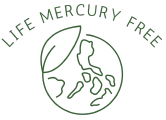The round table “Sustainable practices and measures to prevent contamination of landfills with mercury-containing waste” within the framework of LIFE Mercury-FREE project
The round table “Sustainable practices and measures to prevent contamination of landfills with mercury-containing waste” was a part of the active phase of the joint creation of the Roadmap within the framework of the project LIFE Mercury-FREE “Complex Awareness Raising and Behaviour Change for the Mercury-Free City Environment” and took place on September 21–22, 2023 at Lviv Polytechnic National University. Life Mercury-FREE project partners from Lviv Polytechnic National University (LPNU) and “Ivano-Frankivsk Academy of Ivan Zolotousty” (IFA) organized this event.
Representatives of various organizations shared their opinion on the problem of environmental pollution with mercury and mercury-containing products.
Speakers:
Oksana Viityk, Department of Ecology and Natural Resources of the Lviv Regional Military Administration;
Vasyl Stryshchak, State Ecological Inspection in Lviv region;
Andrii Rohulia, Educational and Methodological Center of Civil Protection and Life Safety of Lviv region;
Roman Zaviyskyy, “Ivano-Frankivsk Academy of Ivan Zolotousty”;
Dmytro Fedasyuk, Lviv Polytechnic National University;
Representative of the Department of Ecology and Natural Resources of the Lviv City Council;
Mykhailo Didyk, Department of Emergency Situations, Civil Protection and Territorial Defense of the Lviv City Council.
The Use of Mercury Throughout History and its Impact on Human Health
LIFE list of household items
Τhis document provides a comprehensive overview of household goods the contain mercury, detailing the potential dangers they present. It also highlights specific practices and regulations in Europe, with a particular focus on the initiatives undertaken by Portugal, Ukraine, Italy, and Poland.
Rules of storage use and disposal of mercury-Poland
An overview of the rules for the storage, use and disposal of mercury-containing products in Poland and examples of case studies related to this topic.
Advances in Managing Mercury-Contained Pharmaceuticals
In this report, we explore both the historical significance and current regulatory landscape of mercury in pharmaceuticals. The report focuses on the decline in the use of mercury-based compounds, examining specific case studies of products that contained mercury, such as Mercurochrome, thimerosal, and phenylmercuric compounds, and their eventual removal from the market due to health and environmental concerns.
Advances in Managing Mercury-Contained Medical Devices
This report focuses on one of the most common mercury-containing devices, dental amalgams, and discusses the broader regulatory landscape and industry responses to manage mercury in medical devices.
Health Effects of Mercury Exposure
Mercury’s unique physical and chemical properties make it valuable in various applications, such as thermometers, barometers, fluorescent lights, and certain industrial processes. However, its toxicity poses significant health and environmental risks as it circulates throughout ecosystems without being destroyed.
Mercury Pollution and Contamination
This document presents the main aspects of mercury pollution and contamination and their impacts, as well as the approaches needed to address this global issue.
Awareness of EU citizens regarding harmful mercury-contained goods Lodz case
The awareness of European Union citizens about harmful mercury-containing products is a crucial issue from the perspective of public health and environmental protection. Mercury, a toxic substance, is used in various everyday products; however, its negative impact on health and the environment necessitates effective management and public education.
EU ban on dental amalgam (a material containing mercury used for dental fillings)
Dental amalgam has been a staple in restorative dentistry for decades due to its durability and cost-effectiveness. However, its mercury content has raised significant concerns about potential health risks and environmental contamination.
Mercury and Climate change
This document aims to delve into how mercury interacts with processes related to climate change, exploring the mechanisms underlying these interactions. Additionally, it seeks to analyze the environmental and social consequences of this dynamic, offering insights to support more effective mitigation strategies and policy development in addressing these interconnected challenges.
Mercury contamination in urban areas
This work focuses on the sources and impacts of mercury contamination in urban environments. Understanding and addressing mercury contamination in urban environments will contribute to broader global and effective efforts to reduce environmental pollution and support sustainable urban development.
Solutions for Mercury Contamination
This work focuses on the sources and impacts of mercury contamination in urban environments. Understanding and addressing mercury contamination in urban environments will contribute to broader global and effective efforts to reduce environmental pollution and support sustainable urban development.

